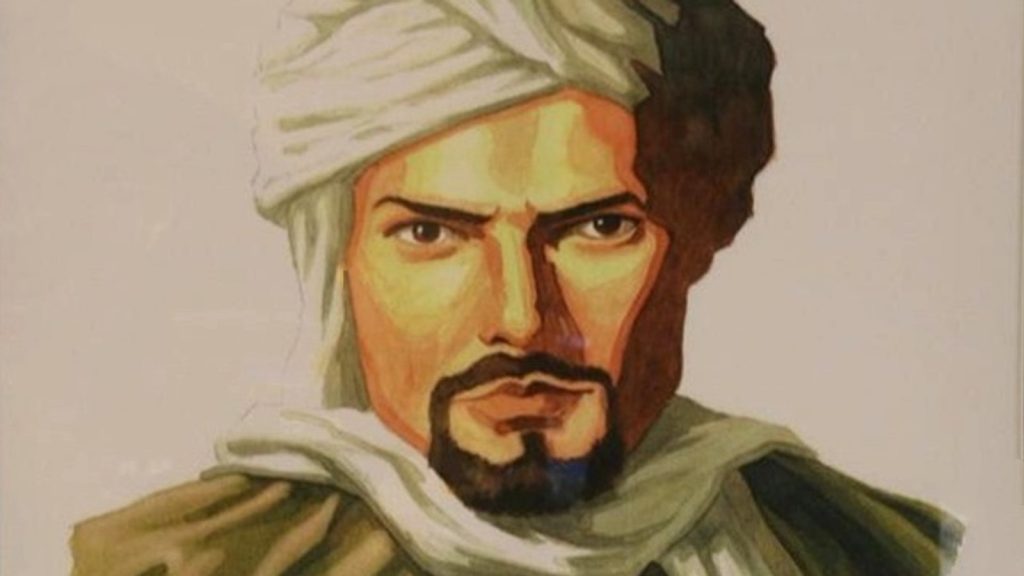
IBN BATTUTA BIOGRAPHY – Abu Abdullah Muhammad ibn Battutah (24 February 1304 – 1368/1369), commonly known as Ibn Battuta, was a Maghrebi traveller, explorer and scholar. Over a period of thirty years from 1325 to 1354, Ibn Battuta visited most of North Africa, the Middle East, East Africa, Central Asia, South Asia, Southeast Asia, China, the Iberian Peninsula, and West Africa. Near the end of his life, he dictated an account of his journeys, titled A Gift to Those Who Contemplate the Wonders of Cities and the Marvels of Travelling, but commonly known as The Rihla.
IBN BATTUTA PROFILE
| Name | Ibn Battuta |
| Real Name | Abu Abdullah Muhammad Ibn Battutah |
| Date of Birth | 24 February 1304 |
| Date of Death | 1368/1369-1377 |
| Nationality | Moroccan |
| Occupation | Traveler, Geographer, Explorer and Scholar |
| Religion | Islam |
| Marital Status | Married |
| Net Worth | N/A |
| Copied From | Contents101.com |
IBN BATTUTA BIOGRAPHY
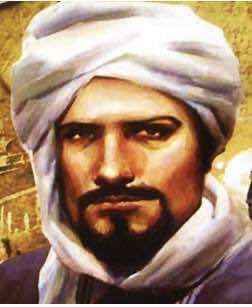
Abu Abdullah Muhammad ibn Battutah, commonly known as Ibn Battuta, was born into a family of Islamic legal scholars in Tangier on February 24, 1304, during the reign of the Marinid dynasty. His family, belonging to the Berber tribe known as the Lawata, had a strong tradition of serving as qadis (judges) in the Muslim traditions of Morocco.
EDUCATIONAL BACKGROUND
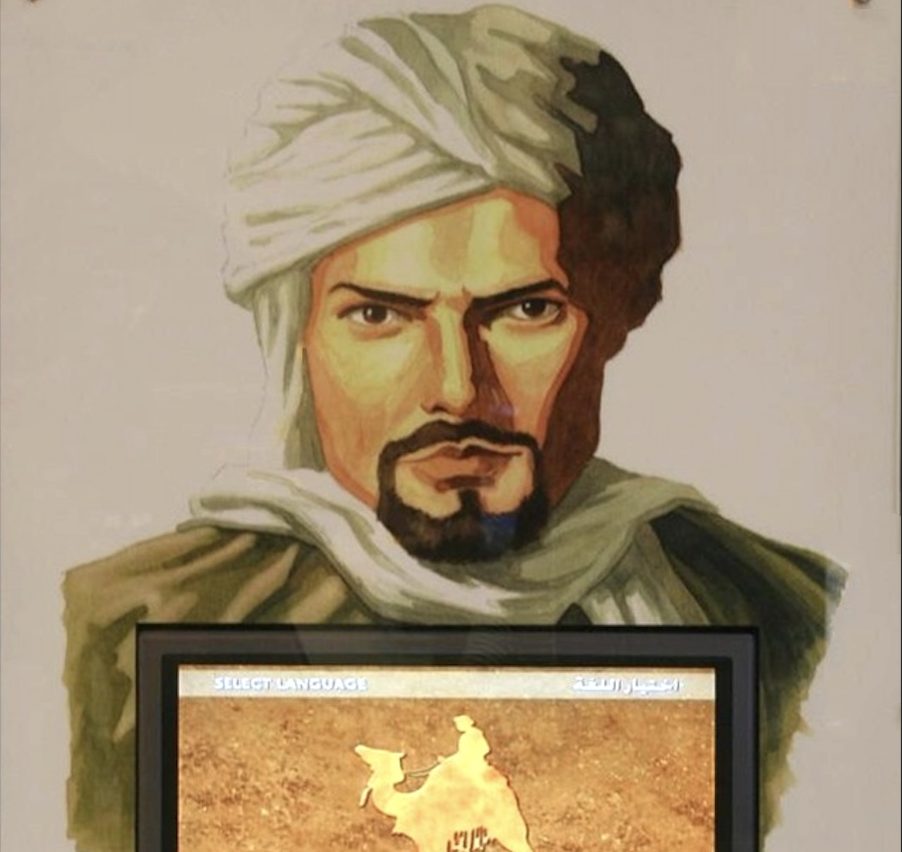
He received the traditional juristic and literary education in his native town of Tangier. In 1325, at the age of 21, he started his travels by undertaking the pilgrimage (hajj) to Mecca. At first his purpose was to fulfill that religious duty and to broaden his education by studying under famous scholars in Egypt, Syria, and the Hejaz (western Arabia).
CAREER

He first began his voyage by exploring the lands of the Middle East. Thereafter he sailed down the Red Sea to Mecca. He crossed the huge Arabian Desert and traveled to Iraq and Iran. In 1330, he set of again, down the Red Sea to Aden and then to Tanzania. Then in 1332, Ibn Battuta decided to visit India. He was greeted open heartedly by the Sultan of Delhi. There he was appointed to the position of a judge. He stayed in India for a period of 8 years and then left for China. Ibn Battuta left for another adventure in 1352. He then went south, crossed the Sahara desert, and visited the African kingdom of Mali.Ibn Battuta reported that he experienced culture shock in some of the regions he visited. The local customs of recently converted people did not fit his orthodox Muslim background. Among Turks and Mongols, he was astonished at the way women behaved. They were allowed freedom of speech. He also felt that the dress customs in the Maldives and some sub-Saharan regions in Africa were too revealing.
CONTROVERSIES
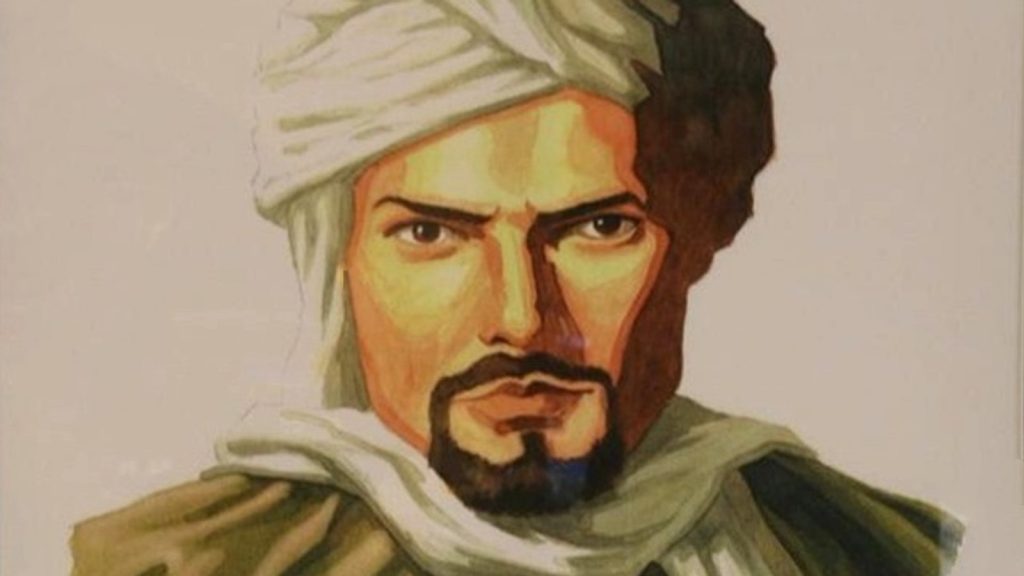
There are no known controversies connected to Ibn Battuta.
PERSONAL LIFE
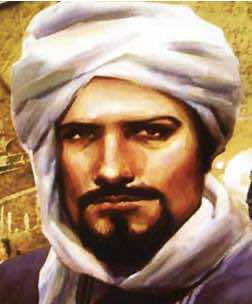
Ibn Battuta was trained as a qadi, a Muslim judge who ruled on matters both religious and civil. He worked as a qadi in various places, including Delhi, the Maldives, and possibly Morocco toward the end of his life.
IBN BATTUTA DEATH
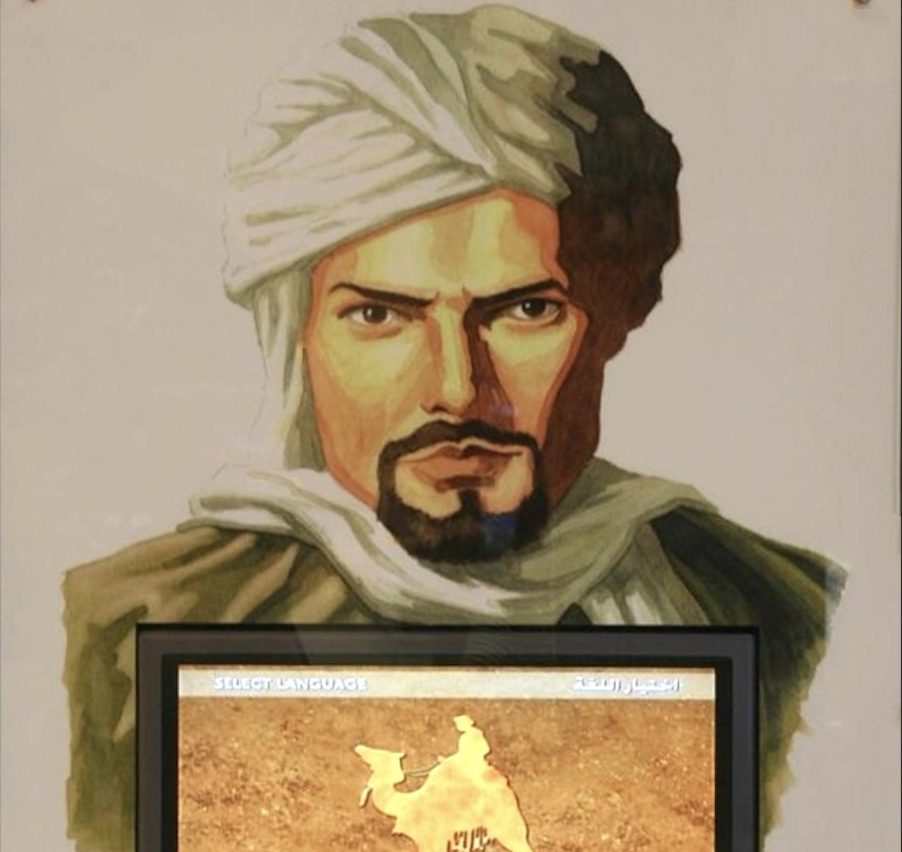
Ibn Battuta died at his home in Tangier, in what is today Morocco, though the date of his death is a matter of debate. The most likely dates are either 1368, 1369, or 1377.
